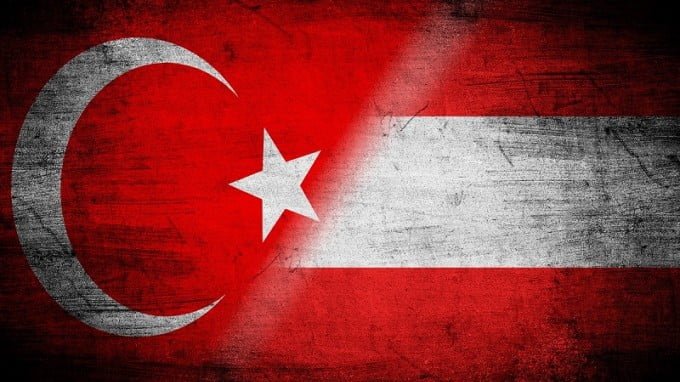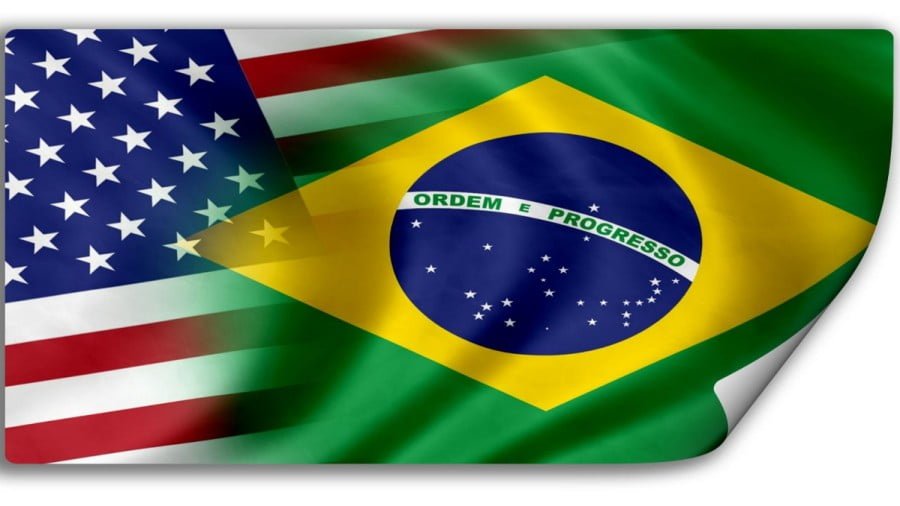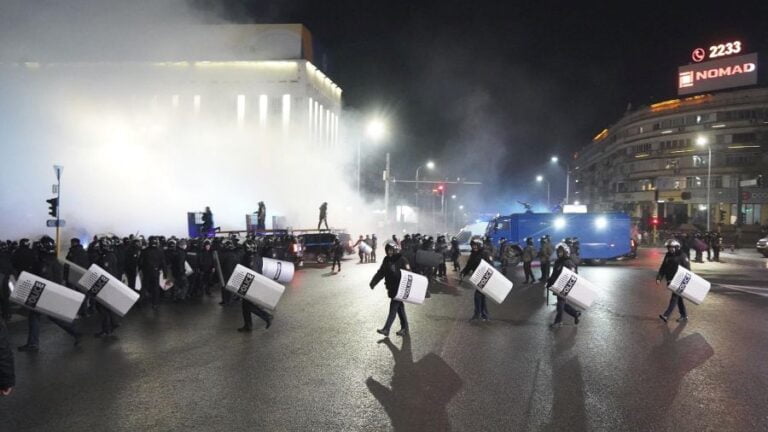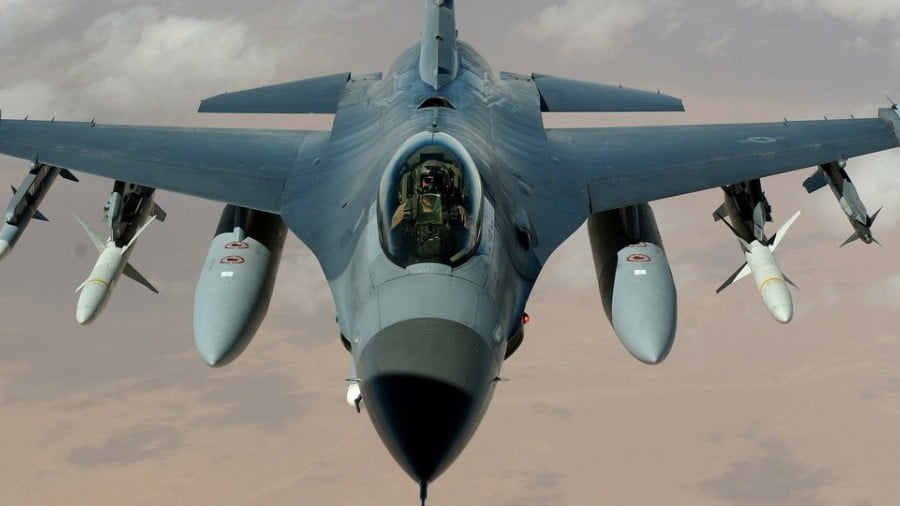The Kurdish-Turkish Clashes In Vienna Aren’t As Clear-Cut As They Seem
The Mainstream Media has attempted to misportray the latest Kurdish-Turkish clashes in Vienna as “ethnic clashes” in order to imply that the different ethnic groups that migrated to Austria from the Republic of Turkey are fighting with one another in a third state for strictly superficial reasons having to do with their respective identities, but the reality of what actually happened is a lot different than that and concerns the Austrian government’s tacit support for Kurdish separatist-terrorist front organizations of the banned PKK.
Turkish and Kurdish groups clashed in Vienna over the weekend, but they didn’t do so for ethnic reasons like the Mainstream Media is attempting to misportray their motives. Making it seem like the different ethnic groups that migrated to Austria from the Republic of Turkey are fighting with one another in a third state for strictly superficial reasons having to do with their respective identities is a classic example of “Orientalism”, which presents non-Western people as “uncivilized”, particularly the ethnic Kurds and Turks that are living in Austria. The reality of what actually happened is a lot different from that and concerns the Austria government’s tacit support for Kurdish separatist-terrorist front organizations of the banned PKK.
The PKK is an extreme left-wing ethno-separatist terrorist organization that in many ways pioneered modern-day terrorism. Other than operating as an armed organization inside of Turkey, it also branched out into regional “franchises” in neighboring Syria, Iraq, and Iran under different names united by the same common ideology of carving out a second geopolitical “Israel” in the geostrategic center of the Mideast. More than that, however, it’s also done quite a lot to successfully frame international perceptions about it as being seemingly “innocent”, “victimized”, and “just”. Nevertheless, Turkey, the US, and even the EU have banned the organization, yet the latter two still cooperate with, patronize, and tacitly support the PKK’s front organizations.
Therein lies the crux of last weekend’s conflict wherein the Austrian authorities allowed a PKK front organization to demonstrate in Vienna against Turkey’s latest military operation in Northern Iraq against the group’s members there. The ethnic Turks who live in the capital city were incensed by what they rightly interpreted as their adopted homeland’s unofficial but nevertheless obvious enough support for the same terrorist organization that mercilessly slaughtered tens of thousands of their compatriots over the decades. Predictably, they decided to exercise their own legal rights in that country to hold a counter-protest against this ethno-terrorist provocation that unconvincingly attempted to disguise itself as an “anti-war protest”.
It’s unclear exactly which side initiated the clashes that later spiraled out of control, but the Austrian government has been attempting to lay the blame on ethnic Turks, some of which were reportedly associated with the nationalist Grey Wolves organization. Ankara protested this partisan depiction of events and rejected Vienna’s claims that the Turkish Ambassador was “pouring fuel on the fire”. For all intents and purposes, it appears as though Austria is trying to play the “Kurdish card” against Turkey, which it intensely dislikes because of Ankara’s role in regulating the Migrant Crisis in ways that Vienna believes amount to de-facto blackmail through so-called “Weapons of Mass Migration“.
The overarching themes at play are the relatively free right for practically anyone to protest in many European countries, the host government’s attempts to manipulate any clashes that occur as a result of predictable counter-protests, and the connection that both of these may have to security crises elsewhere in the world if the participants are descended or directly from a third country. Such incidents will likely continue into the coming future so long as European governments allow almost anyone to protest about whatever it is that they’d like, especially if they don’t investigate the participants to ensure that they’re not members of a separatist-terrorist front organization.
At the same time, however, the host government might not recognize certain groups as fronts for whichever terrorist organization they might have banned, such as was the case this weekend. In those instances, they might interpret a foreign government’s condemnation of their support for those demonstrations as “meddling”, whether they sincerely believe it to be so or think that they can derive some political benefit (whether domestically and/or internationally) from portraying it as such. These issues won’t be resolved anytime soon, which is why the EU countries should brace themselves for the “new normal” of non-titular-ethnicities clashing with one another inside their borders over disputes that aren’t necessarily “ethnic” in nature but more related to security concerns in the country or countries where the participants are descended or directly from.
By Andrew Korybko
Source: One World







